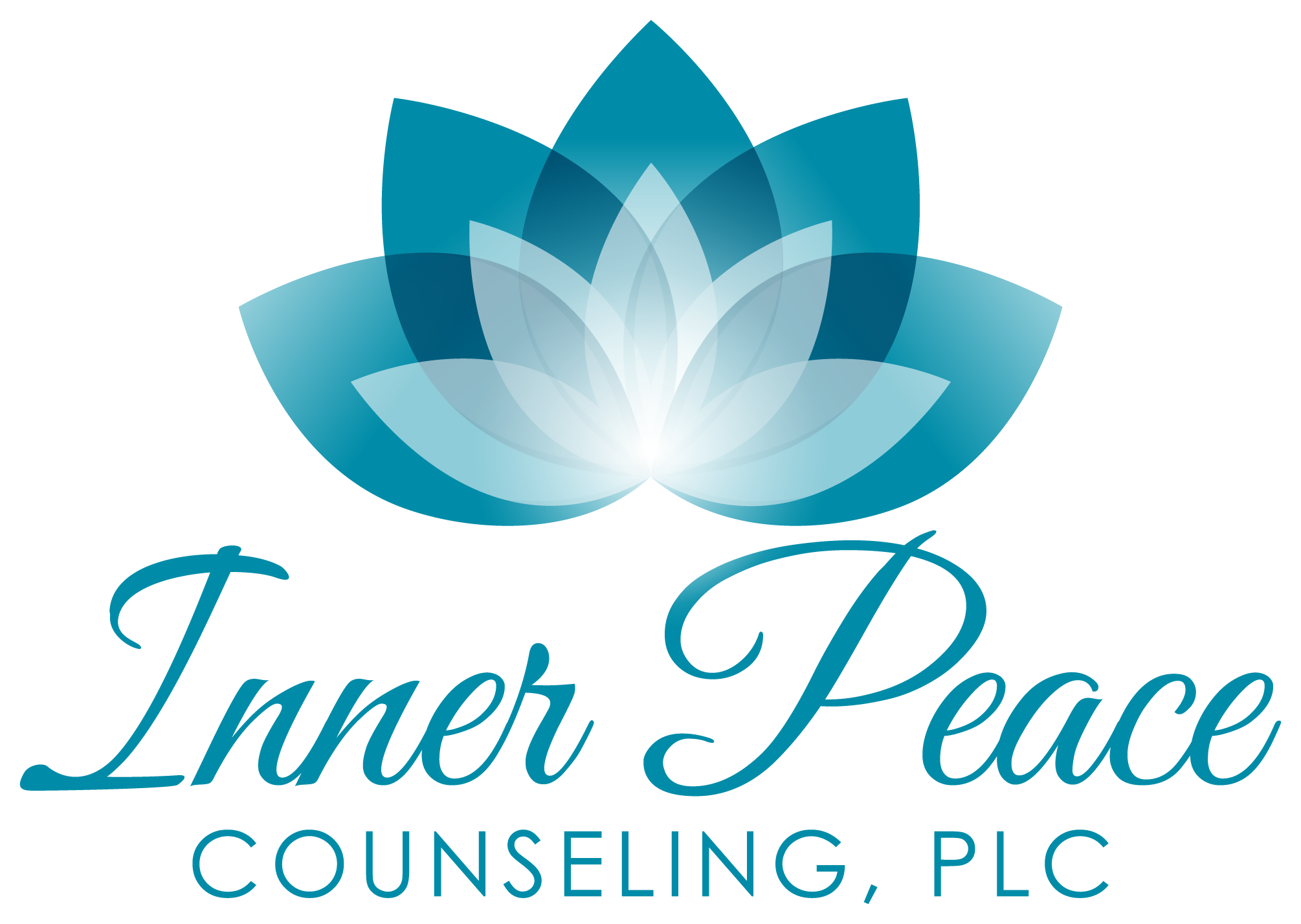What you Should Know about the Highly Sensitive Person in your Life

By: Ashley Carter Youngblood
Categories:
What you Should Know about the Highly Sensitive Person in your Life
[Published in Natural Awakenings Magazine, November 2018 Edition.]
I previously wrote an article offering a general overview of the concept of a Highly Sensitive Person/“Empath”. Since writing that article, there has been so much demand for more information on this topic that I want to expand not only on the concept, but also on the research on the Highly Sensitive Person.
A Review
First, a review the information I shared previously. About 20% of the population is composed of Highly Sensitive People (also commonly called an “Empaths”). But, being a Highly Sensitive Person does not mean that the person “things too personally” or is weak. Being a Highly Sensitive Person means that someone is extremely in tune with their surroundings – sights, sounds, emotions, etc. We can think of a Highly Sensitive Person like an emotional sponge who is skilled at empathy and often knows what others are thinking or feeling before the other person does. Because of this sensitivity to environment, a Highly Sensitive Person tends to have higher rates of allergies, food and environmental sensitivities, and chronic pain/illness.
A Biological Difference
Being a Highly Sensitive Person is not just some new age concept used to label people who feel deeply. Dr. Elaine Aron, the leading researcher on the Highly Sensitive Person, describes in her book, The Highly Sensitive Person, how the biology of a Highly Sensitive Person is different. A Highly Sensitive Person has a nervous system that has a faster, more intense, and longer-lasting arousal period when stressed. What is not even on the radar for a non-Highly Sensitive Person can be extremely overwhelming for a Highly Sensitive Person.
It is also important to remember that, for a Highly Sensitive Person, “stress” can mean a lot of things. “Stress” can be giving a presentation, going to a doctor’s appointment, or just being in clothes that feel too scratchy.
What Research Suggests
Dr. Aron describes how strong evidence taken from identical twin studies suggests that sensitivity is a trait that is inherited at least environmentally but that it is also likely to be genetically determined. Circumstances can cause the sensitivity trait to either disappear or to form, just like any other trait. However, part of the question being explored currently for research on the Highly Sensitive Person is whether sensitivity is a trait that is already present when born.
This question is being addressed by measuring how a child responds to external stimuli. As Dr. Aron explains, the Highly Sensitive Person likely had more insomnia, colic, and constipation than the average child. Heart rates are also generally higher and, when under stress, pupils dilate sooner and vocal cords become more tense than a non-Highly Sensitive Person. Highly Sensitive Children are even found to have higher levels of norepinephrine (a chemical associated with arousal) when exposed to stressors. Cortisol, a stress hormone, is also observed to be present in higher levels for a Highly Sensitive Person. Harvard researcher, Jerome Kagan, found that 20% of all babies (that percentage should sound familiar based on the first part of this article) are “highly reactive” even from birth, causing them to cry more frequently, flail limbs more when startled, and even demonstrate attempts to move away from a stimulus.
What This Means for the Highly Sensitive Person
While all of this information may be fascinating and may help you to feel like you are, in fact, not crazy, but that you are a very specific kind of human being, the next question is what to do. In my frequent work with Highly Sensitive People, I find that there are common themes for the Highly Sensitive Person:
1) Boundaries – The Highly Sensitive Person is a natural giver. But, often so much is given that they do not prioritize themselves. This suggests the importance of practicing saying “no” and being assertive. This also may require creating daily emotional or energetic walls from the world in order to prevent soaking in all of one’s environment, including others’ emotions and problems.
2) Self-care – Because of the Highly Sensitive Person’s tendency to over-extend themselves using their gift of compassion, it is essential for the Highly Sensitive Person to care actively for their body, mind, and spirit. Because the world is so highly-stimulating for the Highly Sensitive Person, a balance must be found between being in a safe space to recharge, while also not isolating from the world because it feels so overwhelming.
3) Anxiety – I have never met a Highly Sensitive Person who does not have anxiety. Whether such anxiety reflects perfectionism or self-critical thinking, often, anxiety specifically needs to be treated in order to best manage living as a Highly Sensitive Person in the world, which can be just as much of a challenge as it is a gift.
Additional Resources
If you want a guide to help you better explore whether you are a Highly Sensitive Person, Dr. Elaine Aron includes a self-assessment quiz on her website: https://hsperson.com/test/highly-sensitive-test/.
Additionally, if you have any concerns or want to explore your experiences as a Highly Sensitive Person, consider working with a therapist who specializes in, or at least understands the concept of, counseling a Highly Sensitive Person. Remember, being a Highly Sensitive Person is characterized by your nervous system’s unique response. So, you are unique. And, you deserve to be treated as such order to learn how to best regulate your own experiences. I assure you that your body and mind will thank you for it!
~Ashley Carter Youngblood, LMSW, LMFT, CADC, ADS, CMHIMP
 Ashley Carter Youngblood is both a fully-licensed Clinical Social Worker and Marriage and Family Therapist who has been in the field since 2007. She offers counseling at her woman-owned business, Inner Peace Counseling, PLC, for those in Kalamazoo, Portage, Mattawan, Battle Creek, Paw Paw, and the surrounding areas of Southwest Michigan. She is passionate about her work with clients, whether it’s providing individual counseling, couples counseling, family therapy, or life coaching. Her specialties include holistic healing/mindfulness, counseling for women, anxiety, couples counseling, and addictions/substance abuse.
Ashley Carter Youngblood is both a fully-licensed Clinical Social Worker and Marriage and Family Therapist who has been in the field since 2007. She offers counseling at her woman-owned business, Inner Peace Counseling, PLC, for those in Kalamazoo, Portage, Mattawan, Battle Creek, Paw Paw, and the surrounding areas of Southwest Michigan. She is passionate about her work with clients, whether it’s providing individual counseling, couples counseling, family therapy, or life coaching. Her specialties include holistic healing/mindfulness, counseling for women, anxiety, couples counseling, and addictions/substance abuse.
I welcome you to contact me or leave any questions or feedback you have about this post. Please keep in mind that the above information is the opinion of an individual, should not be considered medical advice/treatment, and is for entertainment/educational purposes only. I write these blogs as an expression of my passion for wellness and with the hope to be able to help as many people as possible. So, for more information about how to safely navigate this website and to what terms you are agreeing upon use, visit my Disclaimer page. And, as always, if you are experiencing an emergency, contact 911 or present yourself to your nearest emergency room.
Thanks for reading.
